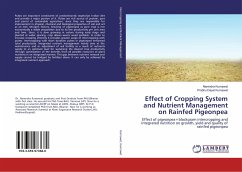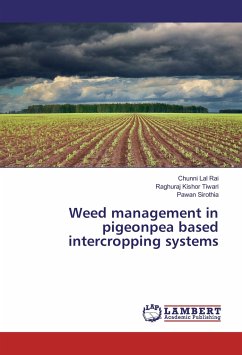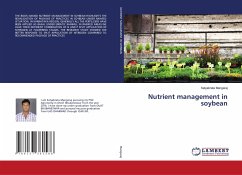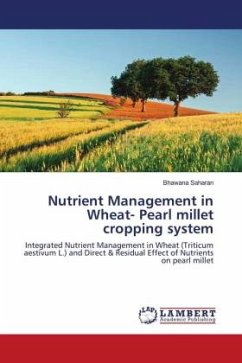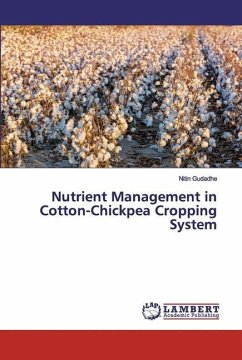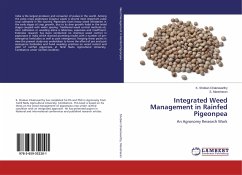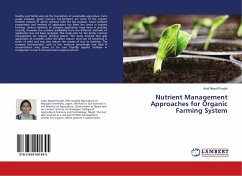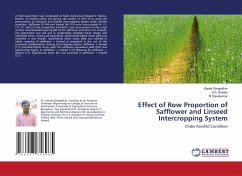Pulses are important constituent of predominantly vegetarian Indian diet and provide a major portion of it. Pulses are rich source of protein, part and parcel of sustainable agriculture, since they are responsible for improvement in physical, chemical and biological properties of soil and act as an mini nitrogen factory. Growing of pigeonpea as pure crop is not economically a viable proposition due to its low productivity per unit area and time. Since, it is slow growing in nature during early stage and planted at wider spacing, crop allows severe weed problem. In order to increase cropping intensity it provides greater scope of intercropping with pulses. Intercropping with short duration pulses in pigeonpea enhanced total productivity. Integrated nutrient management mainly aims at the maintenance and or adjustment of soil fertility as a result of nutrients supply to an optimum level for sustaining the desired crop productivity through optimization of the benefits from all possible resources of plant nutrients in an integrated manner. This gap between nutrient removal and supply cannot be bridged by fertilizer alone. It can only be achieved by integrated nutrient approach.
